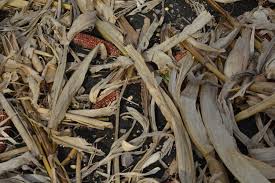US Senate bill would shrink tax credit for biofuels made from foreign feedstocks
By Leah Douglas
U.S. Senate Republicans on Monday proposed a tax bill that would extend a clean fuel tax credit through 2031, but trim 20% of the value of the credit for biofuels made from feedstocks produced outside of the United States.
The tax credit, established by former President Joe Biden’s Inflation Reduction Act but not finalized during his tenure, could prove lucrative for oil and biofuel producers who can demonstrate lower carbon intensity of their fuels.
The House tax and spending bill passed in May also extends the tax credit, known as 45Z, through 2031, but bans most foreign feedstocks from being eligible for credits.
Both the House and Senate bills would exclude emissions generated from the expansion of agricultural land due to the growth of feedstocks like corn and soy, called indirect land use change, from the calculation of a biofuel’s credit value.
That change would make it easier for corn-based ethanol to qualify for the credits.
But the requirement to calculate those indirect emissions was a key environmental guard rail of the original tax credit, said Sarah Lutz, senior climate campaigner at environmental group Friends of the Earth.
“This reckless proposal means dirtier fuel and higher food prices,” Lutz said.
Both bills also make transportation fuels derived from farm animal manure eligible for the tax credit, a boost to biogas producers who argue that capturing methane from manure and other waste can help cut transportation emissions.
Reporting by Leah Douglas in Washington Editing by Matthew Lewis
This article has been republished from The Reuters.

